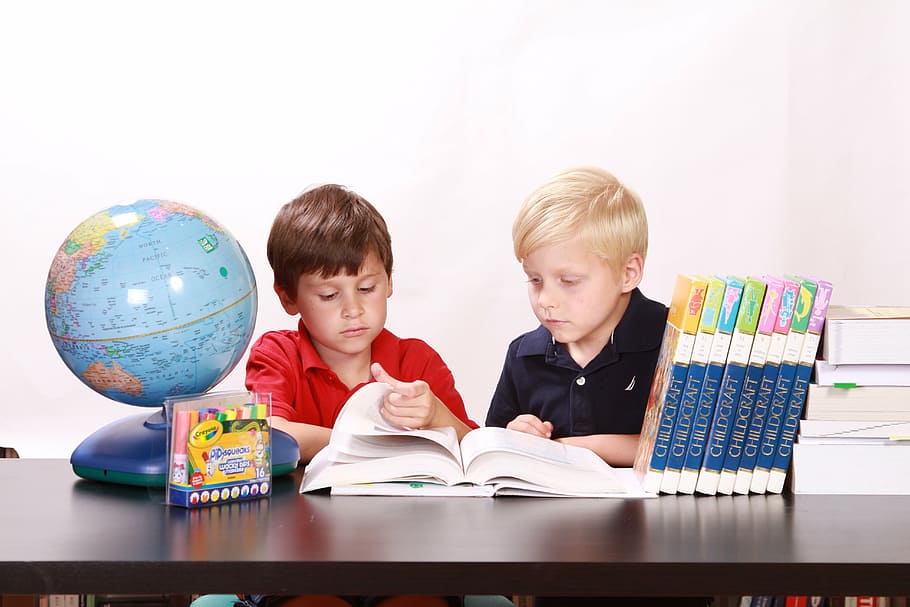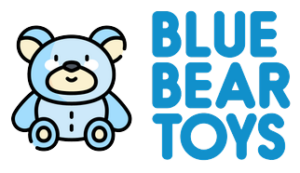This is a guide for parents and their children on how to start the school year off right. It’s important that your child feels confident, excited, and ready to learn!
The first day of school tips for students is a guide that provides helpful tips to help you have a happy first day.
For some youngsters, school begins much too soon. We wish that weren’t the case, but because the system is unlikely to change anytime soon, it’s better to remain realistic. If children must begin at the age of four, we must ensure that they are prepared.
The first day of school is exciting because it is an opportunity to meet new people and embark on new experiences.
There will undoubtedly be some concerns and jitters leading up to the big day, but with this easy advice, you can be certain that everything will go well.
This series includes the following posts:
At first sight, the concept behind our Starting School collection seems almost Victorian in its utilitarianism. Learn to count, write letters, and sit quiet and focus.
School-age children must be prepared

I used to work at a fantastic nursery. The location was lovely, and the personnel was well-trained. The children’s calm, purposeful confidence would have pleased you as a guest. They were involved in difficult activities that represented their passions, and they reaped enormous benefits from their presence.
However, the nursery was a failure in one important aspect – even if it was not to blame: the children it produced were not school-ready. The organized learning environment of a good nursery contrasts with the autonomous, child-initiated learning that occurs in a good nursery. Our children were perplexed when they arrived at school. Of course, we raised strong, resourceful children who quickly adjusted, but the move to formal education was more difficult than it might have been.
The 100 Toys Starting School collection occupies a middle ground between nursery and elementary school. We don’t believe in worksheets or rote learning for children under the age of five. However, we also want children to come at school with the necessary abilities to succeed.
It is entirely up to you how you raise your children. You might be the most relaxed free-ranger or the most determined tiger mommy. The only thing we need to agree on is that being prepared is preferable than not being prepared. Beginning school is more pleasant for all of our children when they are acquainted with the duties, understand what is expected of them, and do not feel left behind. It’s up to you whether you want to offer your kid a gentle prod or a firm shove. The tools are provided by us. You get to choose which ones to use and how to utilize them.
With its early start and quick emphasis on achievement, the present school system is less than optimal for our children. Parents opting out, choosing a softer path for their children, has a long and honorable history. That may entail attending a different kind of school or even moving to a foreign nation.
Our Starting School series is for those of you who have settled on the local primary school after considerable thought. This doesn’t have to be done in a dejected manner. I spent many years teaching in public schools, and many of them are great places. Reception instructors typically have a lot of expertise and will manage your child’s first few days with compassion and care.
But, in reality, math and English begin right immediately, even if just for a few minutes each day. If this is the kind of school your kid will attend, we think you should accept it and make peace with it.
It’s better to confront it front on.
The first day of classes
“Helping young children feel appropriate in school, that is, to have a sense of well-being and belonging, is a key aim of a school-start transition.”
Regardless of how level-headed we think we are, most parents have expectations about school and what it will be like for their children. They will most likely be based on our own school experiences, which will be both good and bad for many of us. Our emotions about school are complex, ranging from the scent of the classroom to the taste of school gravy, to getting perfect grades in spelling yet finishing last on Sports Day.
We at One Hundred Toys believe it’s important to remember that, like with other aspects of parenting, your experience may not necessarily be the same as your child’s. Breaking free from your own preconceptions about school can help your kid get the most out of his or her educational experience.
Our best advice for managing your school expectations is to:
Don’t think in terms of ‘before’ or ‘after’

It’s easy to compare your kid to other students when they first start school. If your child is five, she will have had an additional year at nursery or at home. She was given one additional year to learn to read, dress herself, and write her name. When they come at school, many summer-born youngsters are capable of all of these things and more. However, it’s essential to remember that they did so despite their age; other four-year-olds may not be as prepared. That’s OK. Also, if your kid was born in September but isn’t interested in sitting down to ‘learn,’ don’t worry. She’ll be ready in no time if she eats a diet of excellent literature, engaging experiences, and high-quality discussion.
There will be no scaremongering
Preschoolers may be difficult to manage. It’s tempting to tell your kid that once they start school, they’ll be expected to sit quietly and listen. However, no matter how helpful these cautions are in the short term, they may be detrimental in the long run. They instill fear of school where none previously existed.
Make the positives stand out

Avoid making disparaging remarks about your own skills or strengths, such as “I’m not good at arithmetic” or “I have two left feet.” These remarks may lead your kid to think things about themselves that aren’t really true. We are all distinct individuals. Make an effort to only mention good things about your educational experience.
Relax!
Don’t be surprised if the instructor mentions a kid you’ve never met at your first parents’ evening. On the first day, no kid dazzles the instructor with their confidence and academic brilliance. For the first half of the school year, many students rarely talk to a teacher. It takes some time for them to feel at ease. As a result, what the instructor sees will almost likely not represent their actual skills. Don’t be concerned if this occurs. Allow your kid to be themselves while also assisting them in feeling at ease and at home at their new school. This, more than anything else, is what will ensure a smooth transition.
Parents’ checklist for the first day of school:
- Avoid passing on your own anxieties to your kid by speaking positively about school.
- Don’t make comparisons! The difference between girls born in September and males born in the summer may be wide, but it narrows with time.
- Relax. What matters most is that your kid enjoys coming to school. Later on, there will be plenty of time to focus about academic achievement.
With the new school year just around the corner, it is important to have a happy first day. The first day of school tips for teachers offers advice on what to do before and after your students arrive.




